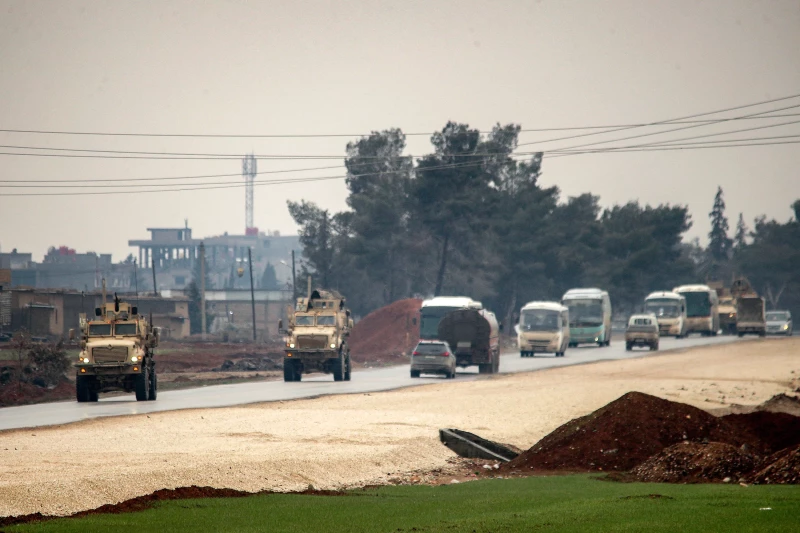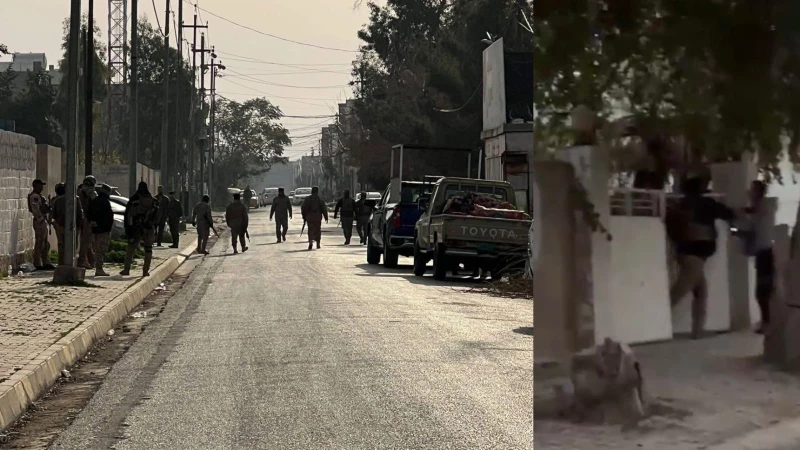ERBIL, Kurdistan Region of Iraq - As temperatures reach record highs this summer, hospitals in the southern Iraqi city of Basra are reporting dozens of skin rash cases. Medical officials and environmental activists say the cases are likely linked to worsening water pollution and increasing salt levels in the region’s water supply.
More than 40 cases have been recorded in just one week, mostly in northern Basra and the city center. Abu al-Khaseeb district has reported the highest number of infections so far.
Security and medical sources told The New Region that cases are spreading quickly, especially among children and older residents. Patients are showing symptoms such as skin irritation, red spots, and ulcers. Most of the cases have been treated at al-Fayhaa, al-Jumhuriya, and Basra Teaching Hospitals.
Despite the rising number of infections, the Basra Health Directorate has not released any official statement on the situation.
“We are seeing more cases each day, and the numbers could rise further,” a local security source said. “The water quality is getting worse, and there hasn’t been an adequate health response.”
Environmental concerns grow
Environmental activist Ali al-Abadi, director of the Basra Environmental Monitoring Center, told The New Region that Abu al-Khaseeb is recording the highest levels of pollution and salt in the water.
He said the center received appeals from several areas across Basra, and warned that government figures on infections are likely underreported.
“The health committee in the provincial council is not giving this crisis the attention it deserves,” Abadi said.
He called on the federal government to declare Basra an “environmental disaster zone,” referring to previous warnings from the United Nations.
Volker Turk, the UN’s High Commissioner for Human Rights, said in 2023 that Iraq was facing “a human rights emergency” because of the effects of climate change, describing what he witnessed during a visit to Basra as “a small piece of the environmental horror.”
Memories of 2018 health crisis
The outbreak has raised fears of a repeat of the 2018 health crisis in Basra, when more than 100,000 people were hospitalized due to contaminated water. That incident sparked mass protests and led to temporary government action, but experts say little has improved since.
Abadi said his team will begin a wide field survey to document the number of new cases and report them to authorities.
“This is a humanitarian crisis, not just a regular event,” he said.
Experts call for urgent action
Environmental experts warn that residents are still using untreated or polluted water, which poses a long-term health risk. They called for stronger inspections of water desalination plants, more frequent water testing, and better access to clean water, especially in areas where old water systems have decayed.
Local civil society groups and activists are urging the Ministry of Health and the World Health Organization to send investigative teams and medical support. They also demand accountability for those who failed to manage the water crisis.
As the local government remains silent, many Basra residents wait for answers, worried that what started as a rash could turn into a full-scale public health emergency.



 Facebook
Facebook
 LinkedIn
LinkedIn
 Telegram
Telegram
 X
X


